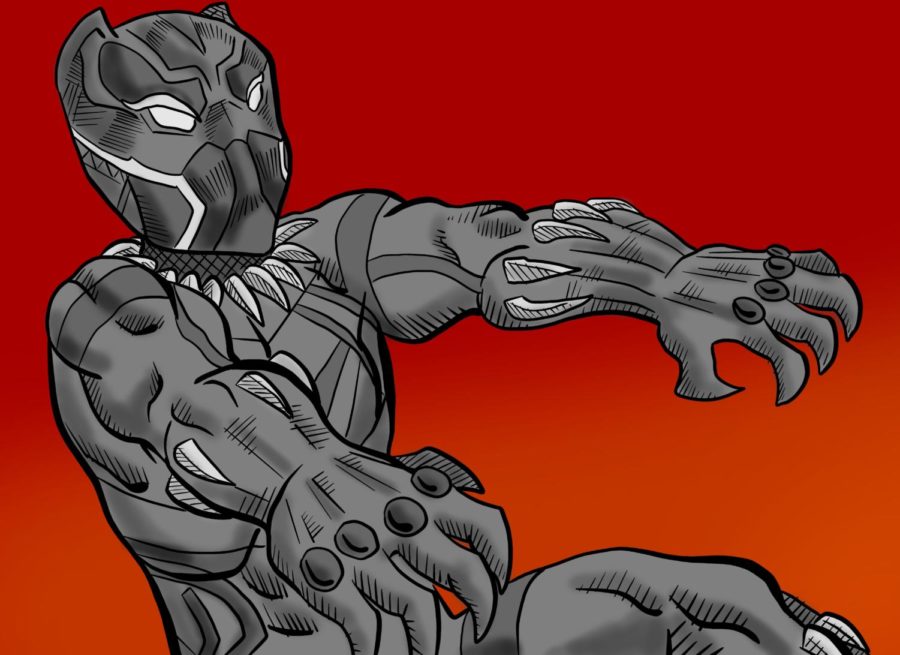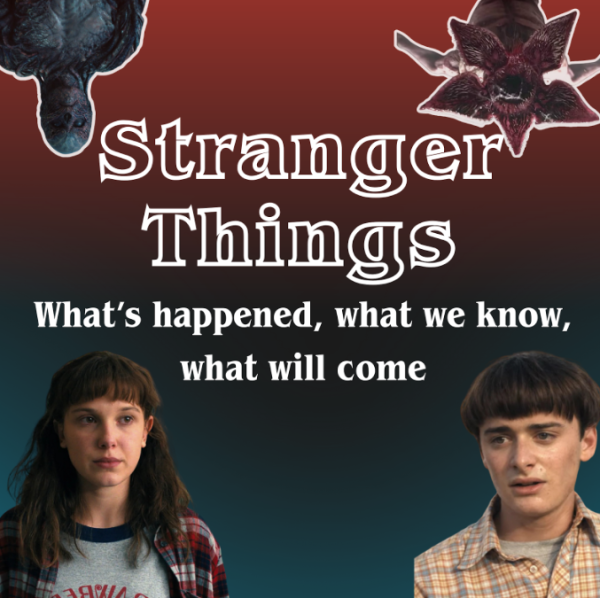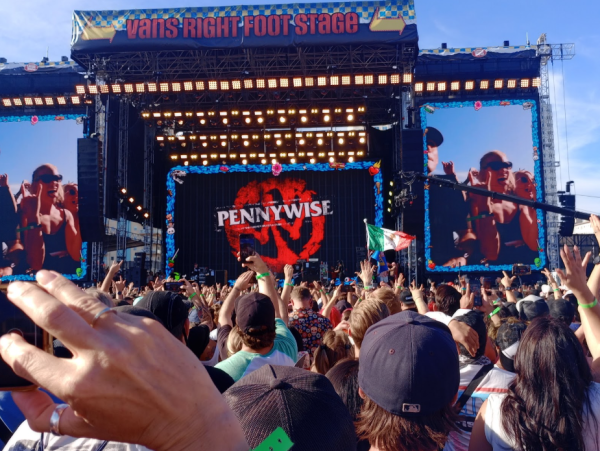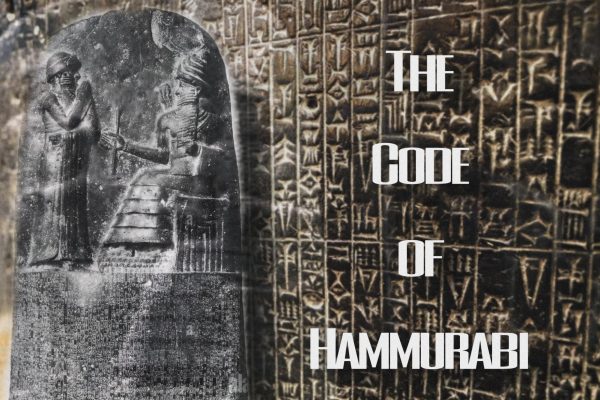Black Panther Lives Up To Hype
Picture by Cody Wilson
In anticipation of its release, the latest Marvel Studios movie, Black Panther, has received immense mainstream media attention and popular hype unseen before by any previous superhero film. This fervor has inevitably motivated a countermovement of viewers claiming that the movie “really isn’t that great.” Well, being the authority on comic book movies that I am, I can definitively say the movie does live up to the hype.
At its core, Black Panther is a story of a young African ruler, T’Challa, attempting to reconcile his new rule with the traditional beliefs of his fictional country, Wakanda. He wishes to live up to his recently departed father’s legacy and later overcome the former king’s faults. T’Challa’s character arc is compelling with unique narrative devices such as a visually stunning ancestral realm to showcase his development.
Unlike many superhero movies that sideline themes for action and thrills, director Ryan Coogler successfully merges the physical conflicts with T’Challa’s character struggle to give the battles emotional weight. No scene is wasted in the larger context of the movie. Side characters represent different forces pulling at the main character and Wakanda’s future as a whole. Nakia and Oyoke, particularly strong characters, are ideologically different women that take the limelight as much as T’Challa in fight scenes.
In a wider context, Black Panther represents the next step of the Marvel Studios franchise. The film sees the studio adeptly address common criticisms. While Marvel villains tend to be lackluster, Killmonger, played by Michael Jordan, is absolutely brilliant. He is a tragic antagonist who has more in common with Malcom X than Dr. Doom. He represents the past sins of T’Challa’s father, revealing the faults in Wakandan society that T’Challa must correct.
Another common attack against Marvel Cinematic Universe (MCU) movies is their subpar musical scores, but Kendrick Lamar’s soundtrack gives Black Panther an iconic sound.
My greatest fear going into the movie was that politics would distract from the overall themes, but Coogler keeps the message fairly tame. The most polarizing element is the rejection of isolationism, but this will only anger the most ardent Breitbart readers (and maybe Rush Limbaugh). The movie features an almost all-black cast, as the setting is a fictional African country, and these characters are proud of their heritage. This represents a turning point for big budget movies, as African Americans are rarely depicted as anything more than savages in popular movies. Not only is Wakanda civilized, but its technology is even more advanced than that of the West. This isn’t Edgar Rice Burroughs’s Africa, and I’m thankful this is the case.
As with any comic book movie, I’m obliged to pay respect to its source material. Stan Lee and Jack Kirby created King T’Challa and his high-tech African country within the pages of Fantastic Four #52 in 1966. The fact that characters created in the midst of the Civil Rights Movement still have cultural relevance five decades later is impressive. Lee and Kirby were visionaries, and the movie does its source material justice. (Plus, the Stan Lee cameo here is one of his best.)
In essence, Black Panther is a thematically rich movie that is long overdue. Its themes and character development come together in a deftly-woven plot. Its function as an action movie seems almost incidental (although it does deliver in this respect, especially with an entire casino fight scene performed in one epic shot). Hopefully, the success of this diverse, culturally relevant movie will inject Hollywood with the burst of energy it so desperately needs to spawn more films with strong black leads. Until then, when does the next Transformers or Tom Cruise movie come out?

Hello! My name is Cody Wilson, and I am the fearless Editor-in-Chief of the Ubiquity! Although I originally joined journalism to draw pictures and write...






